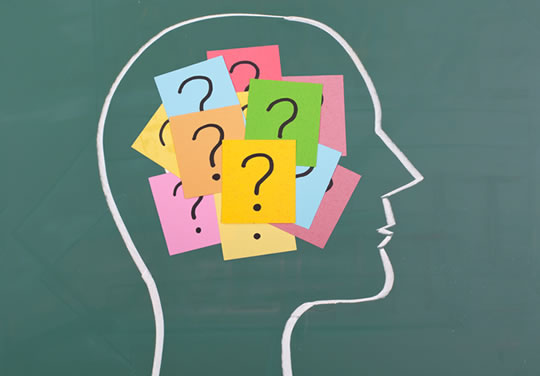How people feel, on average, most of the time, wherever they live in the world.
People are, on average, in a mildly good mood most of the time all around the world, a new study finds.
Researchers have reviewed evidence drawn from many different nations — rich and poor, stable and unstable.
As long as people have not just experienced a strong emotional event, even those in poor circumstances are likely to be in a mild positive mood.
The study’s authors write:
“According to our hypothesis, humans have been evolutionarily selected to have a positive mood offset, and the higher-than-neutral level of happiness is genetically transmitted from parents to children, while chronic depression and lack of positive affect have been selected out.
People are happy most of the time because they are descended from ancestors who were happier and engaged in fitness-maximizing behavior more frequently than their neighbors who were less happy.
Current good and bad events can move people temporarily away from their baseline levels, but people will return toward that level over time.
Long-term bad and good circumstances can move the baseline up or down, but only within a range.”
The reason being mildly happy is beneficial to our future?
Being happy makes you more likely to plan for the future, be creative, be social and, crucially, to mate.
The study was published in the journal Personality and Social Psychology Review (Diener et al., 2015).
• Read on: 10 Easy Activities Science Has Proven Will Make You Happier Today
Question marks image from Shutterstock

